Building LGBT Leadership in West African Sub-Region
Akoro Joseph Sewedo
Arcus Correspondent
 LGBT rights activism in West African is very under developed when compared to the activism in eastern and southern Africa. The West African sub-region seems to be the most conservative part of African with its indigene promoting what is commonly referred to as African. An example is the statement of former Nigerian president- Olusegun Obasanjo, saying that homosexuality is UnAfrican.
LGBT rights activism in West African is very under developed when compared to the activism in eastern and southern Africa. The West African sub-region seems to be the most conservative part of African with its indigene promoting what is commonly referred to as African. An example is the statement of former Nigerian president- Olusegun Obasanjo, saying that homosexuality is UnAfrican.
This conservativeness and more repressive society in the West African sub-region made it difficult to advocate LGBT rights, resulting in the low level of LGBT leadership in human rights advocacy.
In West Africa, LGBT rights organizations are only a few and founded on the basis of incessant ordeal faced by people on the grounds of their sexual orientation and gender identity. These organizations are established and managed by individuals who do not have the technical know-how to operate an organization and implement projects that effectively respond to the needs of LGBT persons at the grass root.
This conclusion is justified by the assessment conducted by the Initiative for Equal Rights- Nigeria in all Anglophone countries in West Africa last year on the program.
The assessment identified the following gaps within the organizations;
– Poor Program development, management and evaluation;
– Poor Human resource management;
– Poor Financial management;
– Poor organizational community profile; to mention a few.
Although the activities of the organizations have broken the silence in the societies where they are situated, the gaps highlighted above reflect very well on the effectiveness of their activities; therefore questioning the impact of resource investment in LGBT rights activism in the sub-region.
Very pertinent, is the lack of clear advocacy strategy implored in the activities of all of the organizations assessed. This lack of strategy has resulted in the usual adhoc response (reactive advocacy) to LGBT human rights violations bringing about very low impact of advocacy.
The very few LGBT leaders present in the sub-region exacerbate these numerous gaps. LGBT rights activism is only dependent on a few brave activists who are usually swamped in the work; thereby not enabling new innovations and broad based activism for a more effective advocacy of LGBT rights.
Thus, the following might be useful in responding to these gaps; identifying and breeding new leaders in the West African sub-region and strengthening organizational capacity through hands-on technical support amongst others. News For Invest
